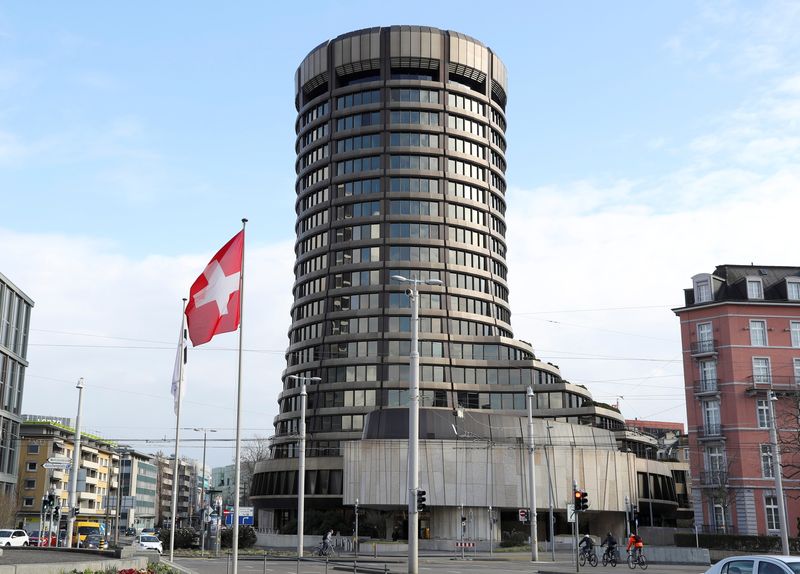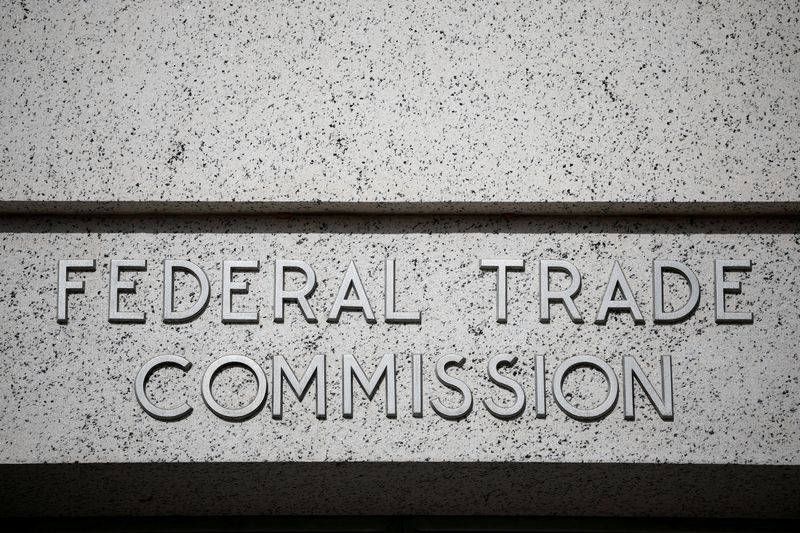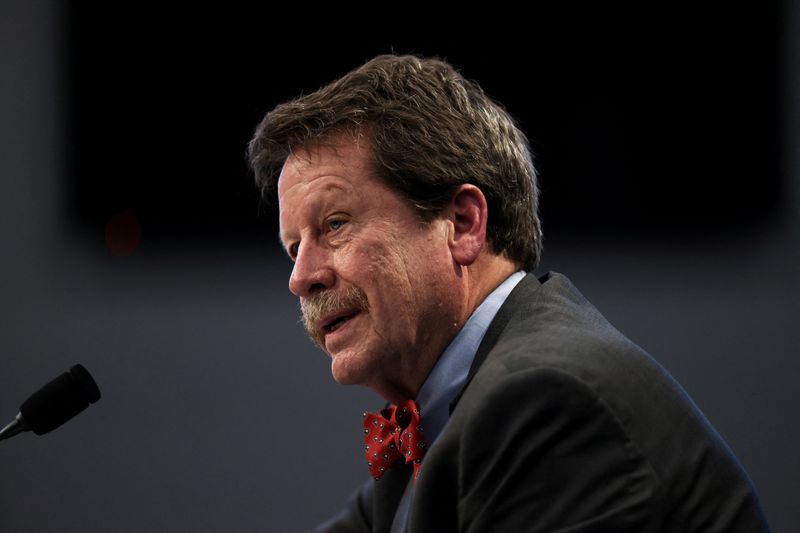Tariff-fuelled dollar gains pose global stagflation risks, BIS warns

By Marc Jones
LONDON (Reuters) – Staff at central bank umbrella group, the Bank for International Settlements, have warned of a global bout of stagflation if trade tariffs promised by soon-to-be-U.S. President Donald Trump continue to drive up the dollar.
Stagflation – the combination of strong inflation and weak economic growth is viewed as Kryptonite by economists as consumers and firms are hit from both sides.
Just days before Trump takes office, the BIS-published report said the world economy was on track for a “soft landing” but it stressed growing uncertainty due to what it described as the new looming challenges.
It highlighted surveys showing a rise in the perceived probability of “no landing” – strong U.S. economic growth and sticky inflation, which could limit the degree to which the U.S. and other countries can cut interest rates.
At the same time, global trade is likely to face increased “frictions and fragmentation” with the broad-based trade war between Washington and other countries now “a tangible risk scenario,” it warned.
If the U.S. ends up barely cutting, or even raising its interest rates as a result, but other nations have to slash theirs, it could cause significant capital flow and exchange rate adjustments.
“The value of the U.S. dollar could continue its recent rise on the back of higher U.S. interest rates, a stronger U.S. economy and high political uncertainty,” the BIS report said.
“This could have stagflationary effects on the global economy due to the dollar’s dominant role in trade invoicing and international finance.”
A stronger dollar tends to boost inflation outside the U.S. by increasing import prices and inflation expectations, especially in developing world countries.
Dollar strength also tends to tighten financial conditions by pushing up global borrowing costs. That then dampens real economic activity, particularly in countries with weak fundamentals and vulnerable fiscal positions, the BIS said.







